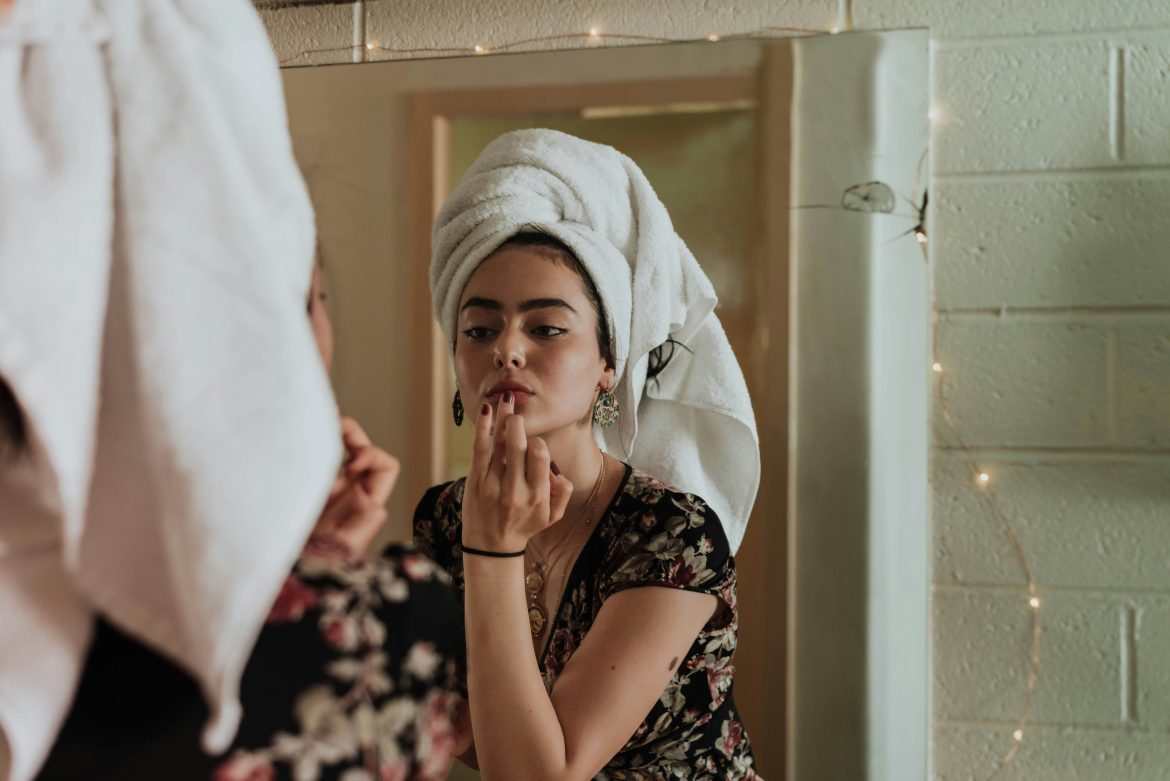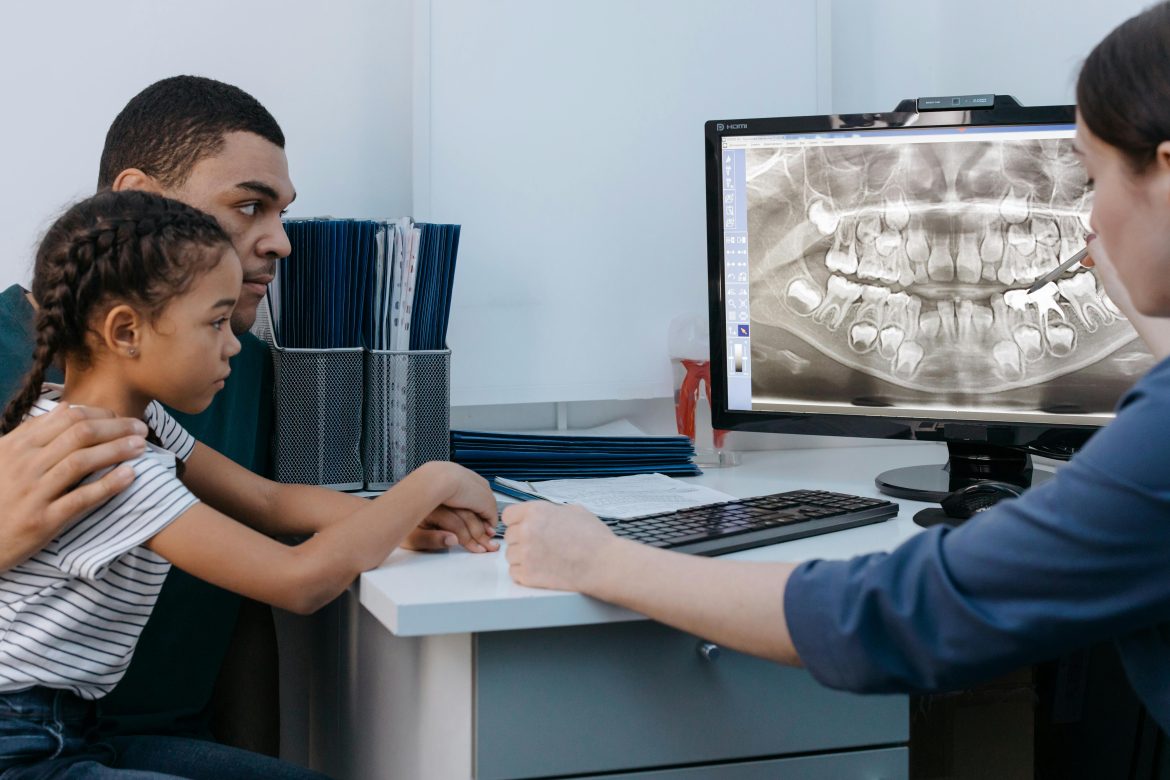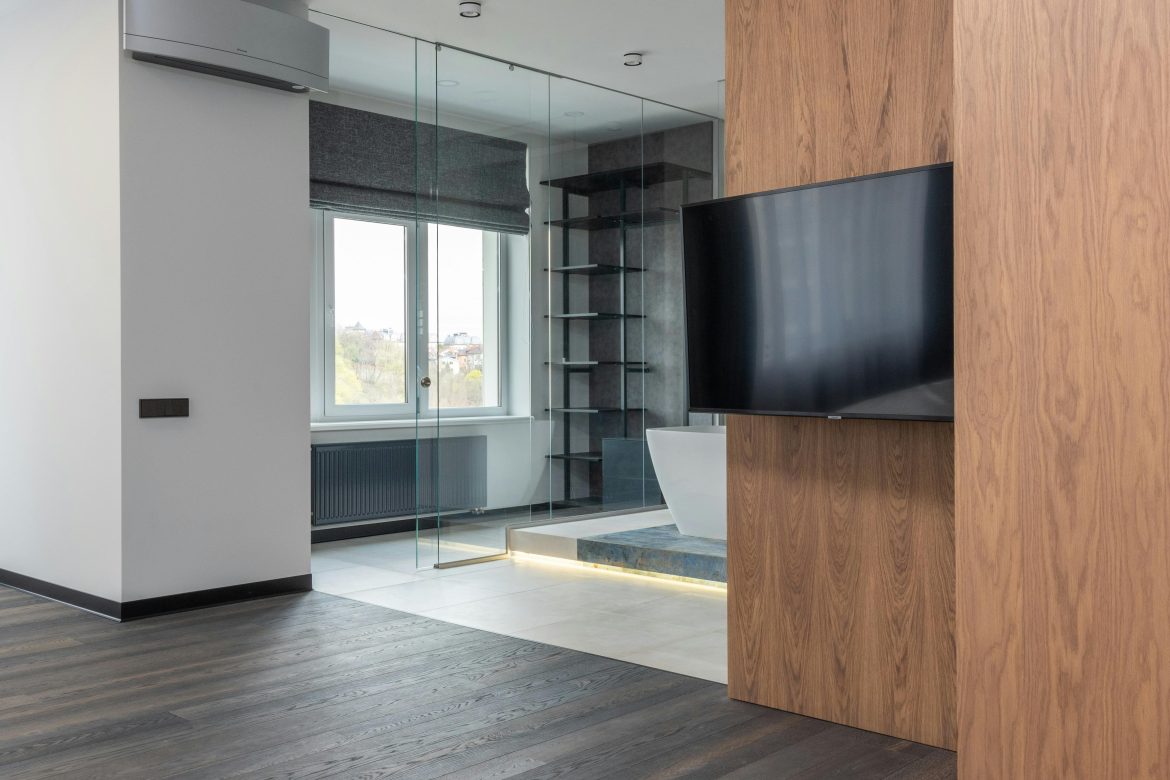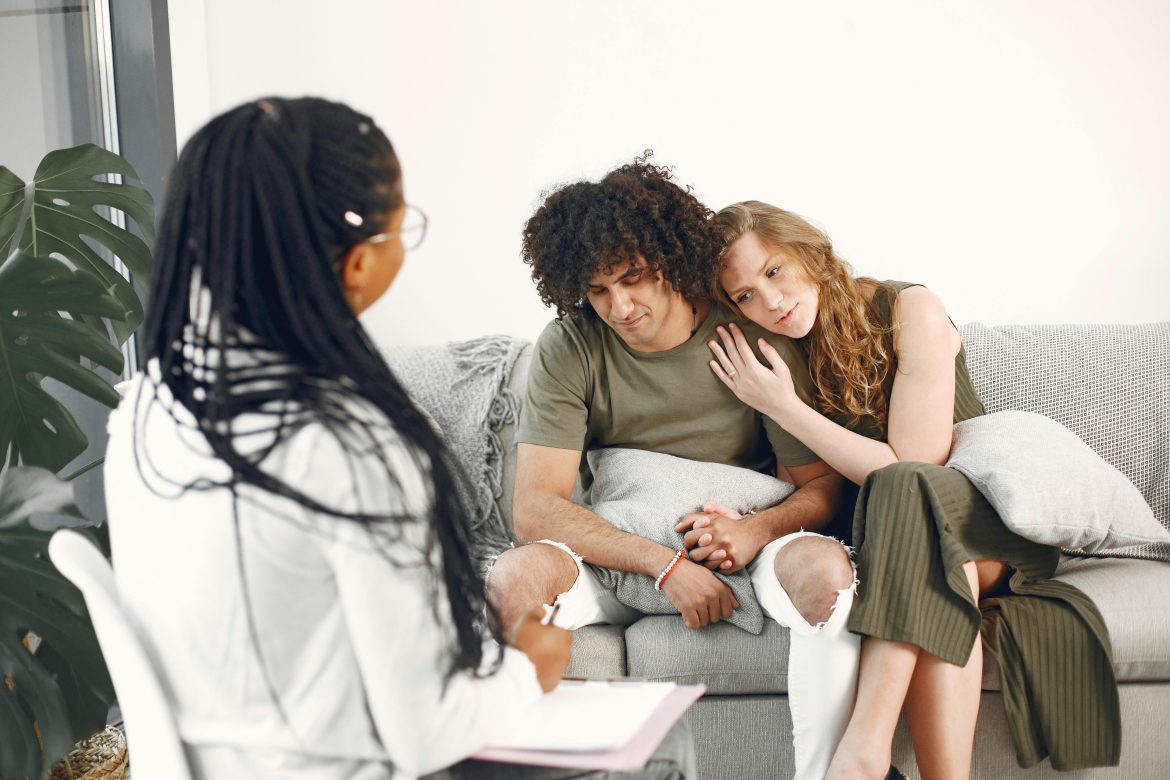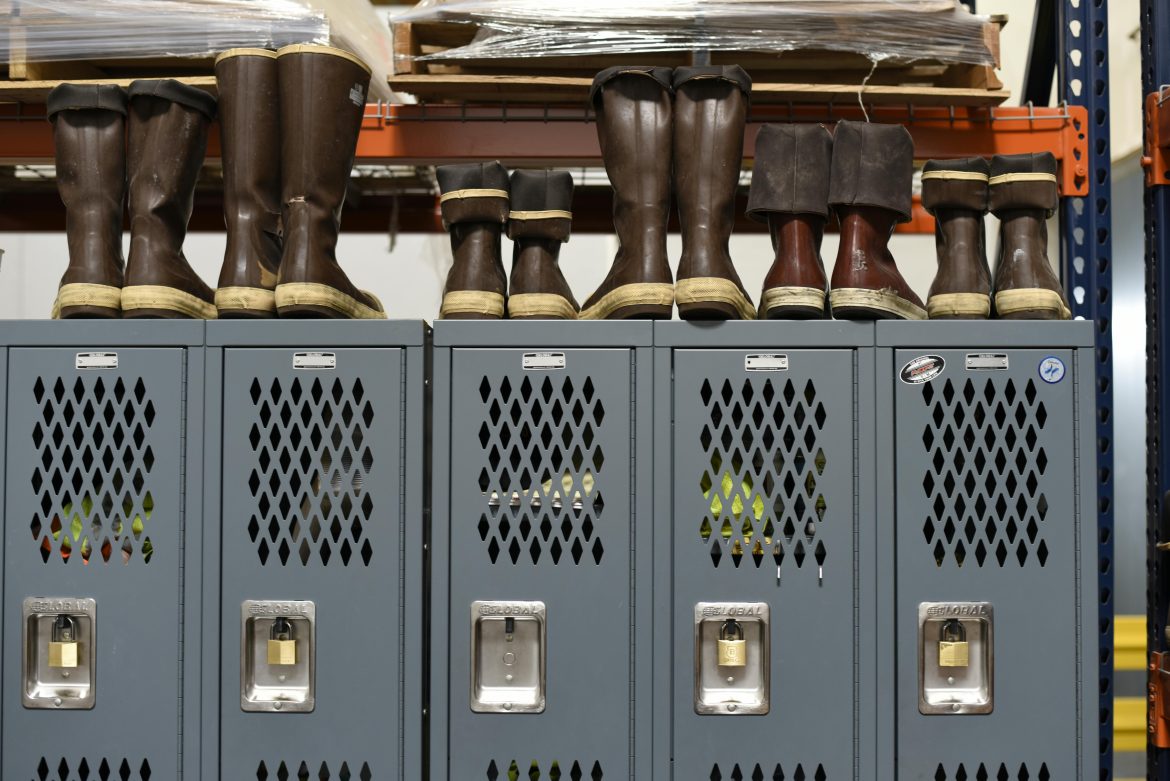When attending a formal event you have to search for the perfect dress. It has to be suitable for the event and your style. Buying a new formal dress is expensive, especially for something you will only wear once or twice. This is where formal dress rental comes in. It’s affordable and convenient to rent a formal dress. You have plenty of options. And you can wear designer without breaking the bank.
Low-Cost Alternative to Buying
One of the best reasons to rent a formal dress is that it’s cost-effective. A brand-new designer dress costs a lot of money. It’s hundreds or thousands of dollars. To spend that amount of money for one night like a wedding, gala or prom is not always feasible. That’s where formal dress hire comes in. Renting allows you to wear designer, fashionable dresses without spending so much money. It’s a great option that’s cost-effective for any special night. Rent a formal dress. It’s a great alternative to buying one for your next special night.
Also, rented dresses usually come with professional cleaning services. So you won’t have to spend a lot on dry cleaning after the event. More economic benefits come from renting a dress compared to buying one directly.
Plenty of Options
When you buy a formal dress you’re limited to what you can afford and what’s available. Rental stores will have plenty of dresses. You can get designer names, new styles, different sizes and colours. You won’t have trouble finding a dress that’s suitable for the theme and level of formality of your event. Department stores won’t limit you.
Rental stores usually have current stock. That’s how you get the latest style. Having a classic ball gown, a trendy cocktail dress or a sleek evening dress on loan has more options than buying.
Convenient and hassle-free
Renting a formal dress is hassle-free and convenient. Offline and online rental shops mostly have size charts. They also have fitting appointments and doorstep delivery. This is a breeze and hassle-free. You can shop, choose and reserve your dress online from home. They even have trial fittings to make sure you get the perfect size for your occasion. Also, returning is easy. Most rental places offer pre-paid returns. This is convenient and saves you effort. You don’t have to shop for a new dress. You don’t have to deal with alterations and storage later.
Trends That Think Eco-Friendliness and Sustainability
The fashion industry produces a lot of waste for the planet. Fast fashion produces too much textile waste. Dress rental is eco-friendly. It saves the fabric from being wasted and reduces mass production as well as creating a more sustainable fashion industry.
Most rental shops have environmental policies. They buy biodegradable packaging and are eco-friendly. They also promote the circular fashion movement. Renting is perfect for eco-conscious people.
For Every Occasion
Most events like to hire formal dresses. They hire for weddings, proms, business events and black-tie events. You can hire one-shoulder, A-line or beaded evening dresses. There’s something for every occasion in rental shops.
Renting lets you try out different styles and colours. You can mix and match without being stuck to one style. If you attend events regularly, dress rental is a smart choice to get your wardrobe in style. It’s cheap and doesn’t clutter your closet with clothes.
Access to High-End and Designer Brands
One of the advantages of dress rental is you get to wear designer labels of luxury. These may be out of your budget. You can rent designer labels like Gucci, Prada or Elie Saab for a fraction of what you would otherwise spend. You get to wear a designer dress and indulge in the luxury of fashion for a steal.
If you love designer clothes, renting lets you wear high-quality pieces. They may be out of your budget to buy. This is perfect for milestone events when you want to make a statement.
No Clutter and Storage Issues
Buying a new evening dress causes storage problems. Especially if you have had several dresses in the years that you don’t wear regularly. Most people have a closet full of almost unworn dresses wasting space. Renting bypasses that. You get to return the dress after wearing it. This prevents your closet from getting cluttered. Second, ly you still get to use new and up-to-date options for every occasion.
Conclusion
Formal dress rental is smart and stylish. You get to wear a beautiful outfit without breaking the bank. It’s cost-effective, you get access to high-end brands, it’s eco-friendly and comes in many styles. So it’s smart for any occasion. Formal dress rental gives you a convenient way to indulge in luxury fashion. It’s designed to end fashion waste. This is how you look and feel beautiful without long-term commitment. Renting lets you look beautiful for weddings, galas or corporate events. It’s smart for your wallet and the planet.


